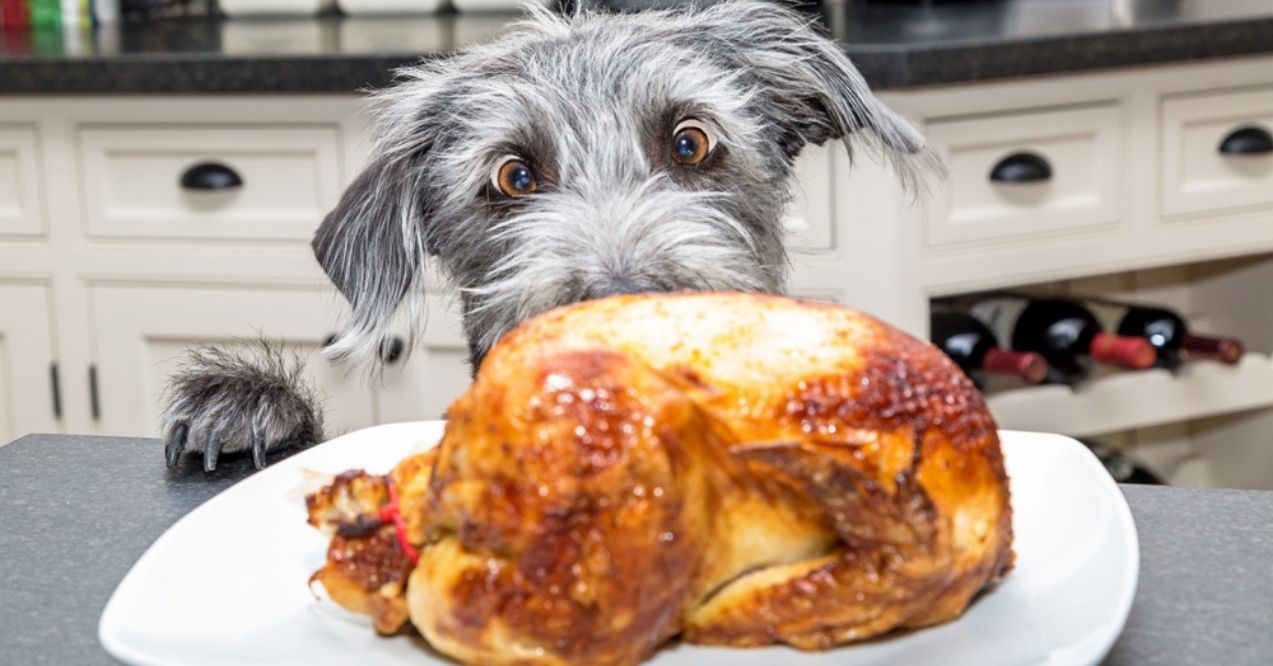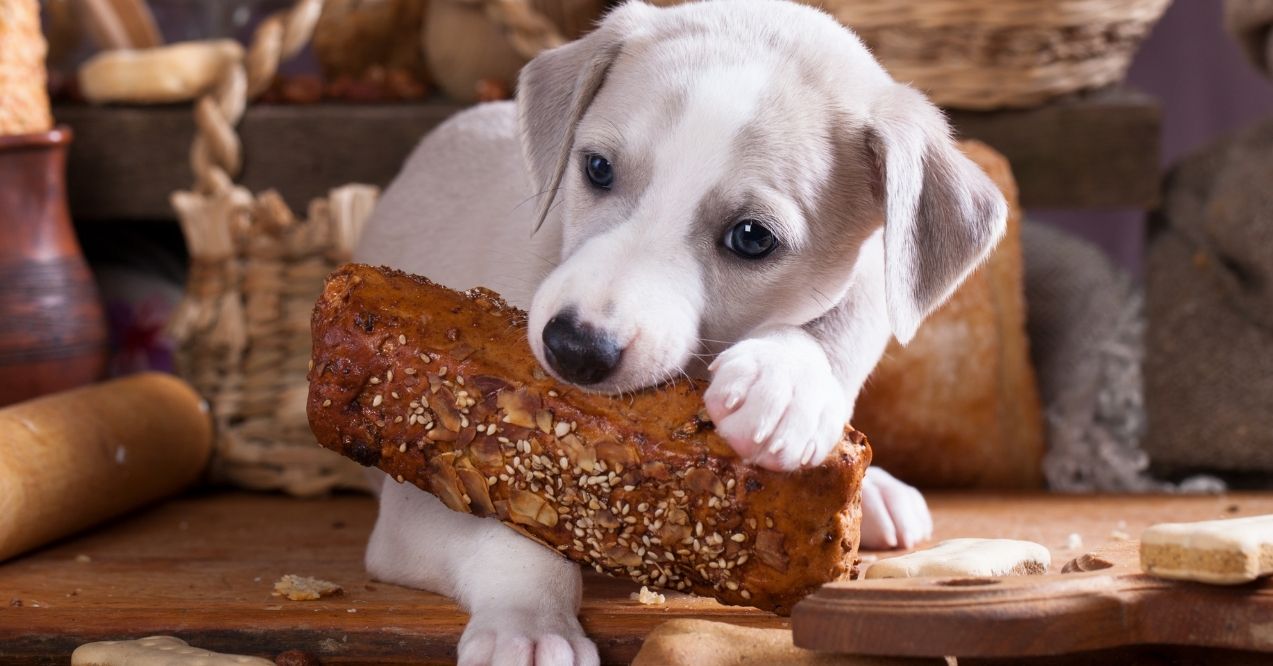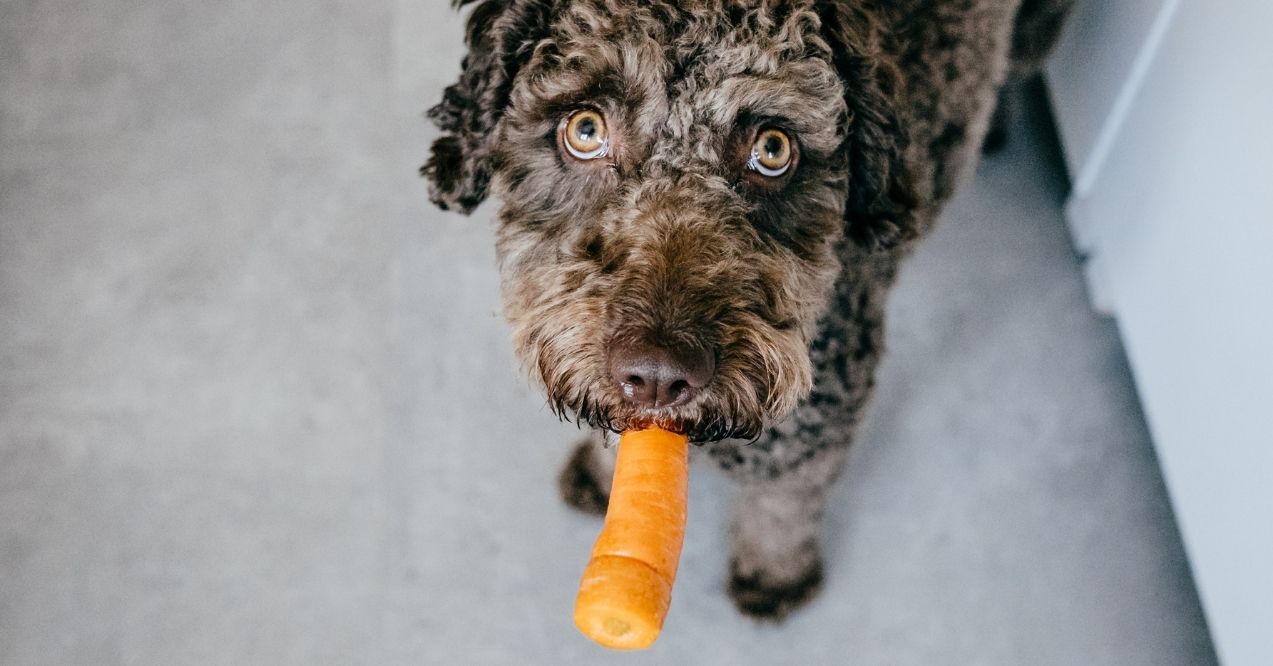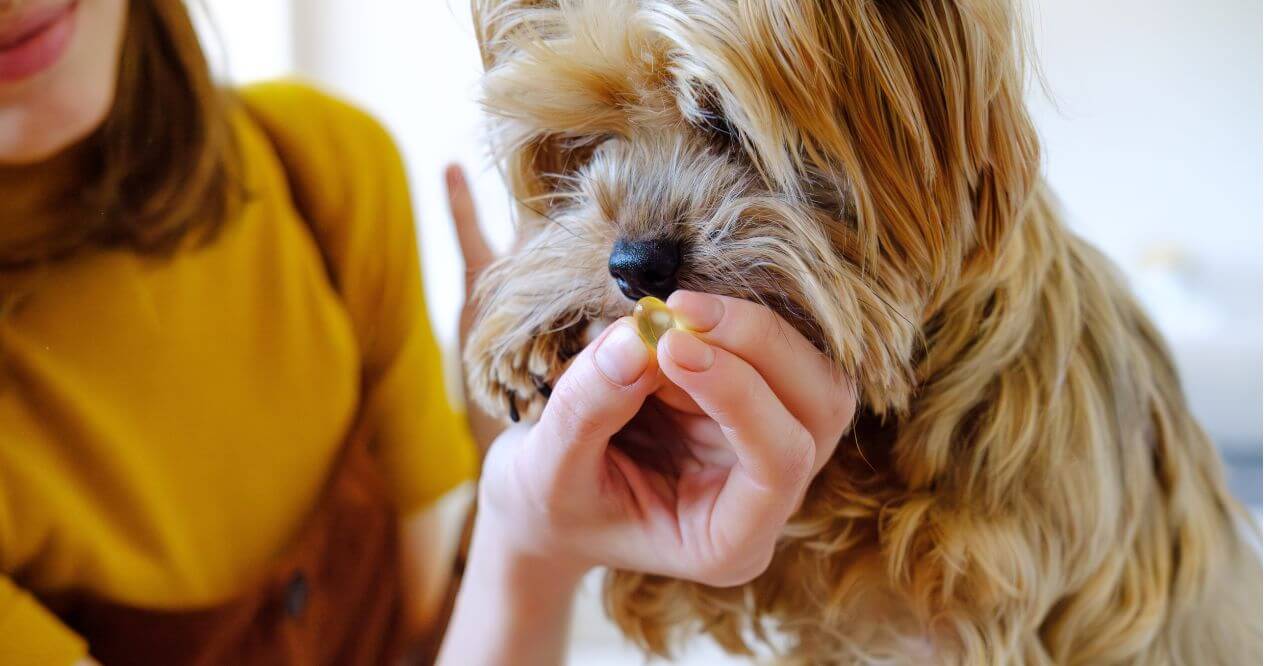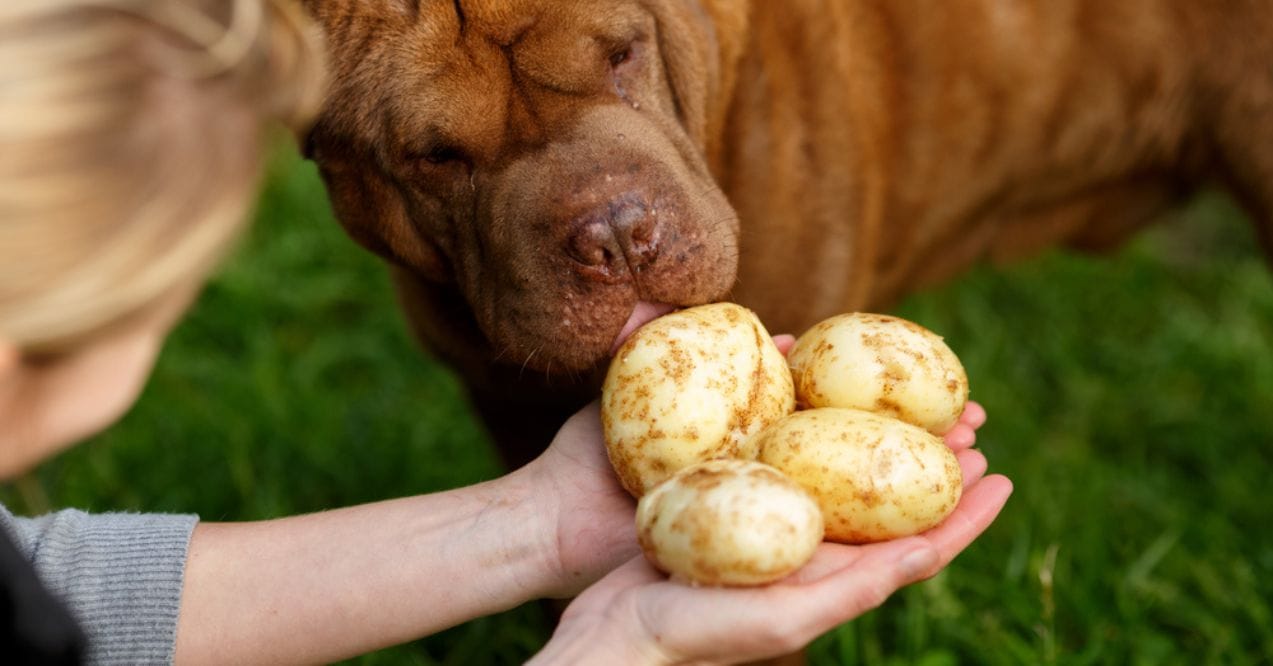Can Dogs Eat Chicken? Paw-fect Poultry Facts
Can dogs eat chicken? The short answer is yes, chicken can be a healthy addition to your dog’s diet when prepared properly. This lean protein source offers numerous benefits for our canine companions, but it’s essential to understand the potential risks and best practices for serving chicken to your pup. From raw vs. cooked debates to allergies and preparation methods, let’s dive into the world of canine chicken consumption and uncover the facts you need to keep your four-legged friend happy and healthy.
Why Chicken Can Be a Powerhouse for Pups
Chicken is a great protein source that offers many health benefits for dogs. It’s packed with high-quality protein, which gives dogs the amino acids they need for strong muscles and an active lifestyle. Since chicken is lean, it’s also good for keeping your dog at a healthy weight, especially compared to fattier meats.
It also contains important nutrients like vitamins B3 and B6, phosphorus, and selenium. These help support your dog’s overall health, from keeping their nerves working well to promoting strong bones and teeth.
One of the best things about chicken is that it’s easy for most dogs to digest. This makes it a popular choice for dogs with sensitive stomachs. You can use chicken in many ways, whether it’s part of a commercial dog food or in homemade meals.
Can Dogs Eat Raw Chicken?
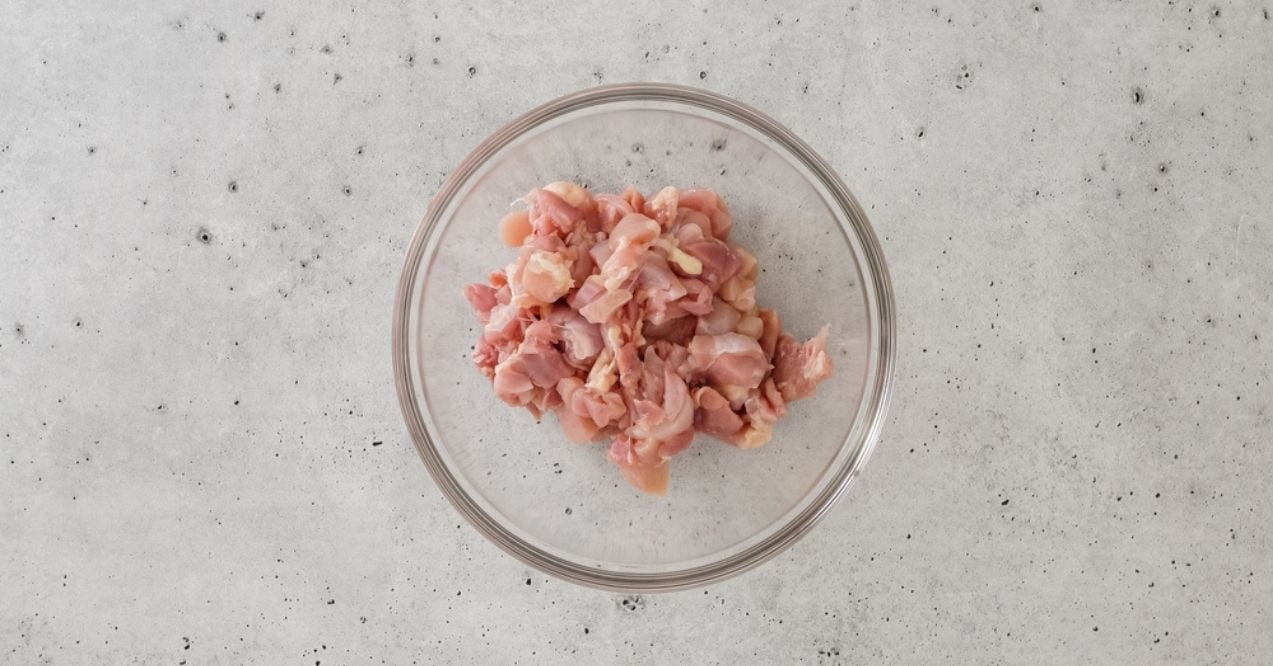
There’s an ongoing debate about feeding dogs raw chicken. Some people say it has benefits like improving coat condition, dental health, and energy levels. They believe raw diets are more natural for dogs, similar to what they might eat in the wild.
However, it’s important to think about the risks of raw chicken:
- It can contain harmful bacteria like Salmonella and Campylobacter, which can make both dogs and humans sick.
- Raw diets might not provide all the nutrients your dog needs unless they’re carefully planned.
- Raw chicken bones can be dangerous, possibly causing choking or internal injuries.
Experts have different opinions on raw diets. Some vets support them in certain situations, but many professional groups, like the American Veterinary Medical Association, advise against them because of safety concerns. Studies have shown that raw diets often have more harmful bacteria than regular dog foods.
Dog-Friendly Methods to Prepare Cooked Chicken
Boiling is a great option for dogs. It keeps the chicken moist and nutritious, and makes it easy to shred. You can mix the shredded chicken into your dog’s regular food or use it as a special treat. Just put boneless, skinless chicken breasts in a pot of water, bring it to a boil, then let it simmer until it’s fully cooked.
Grilling can add flavor to chicken without needing extra fats or seasonings. But be careful not to burn it, as charred bits can be bad for your dog. Aim for chicken that’s fully cooked but not too crispy.
Baking is an easy way to cook chicken for your dog, especially if you’re making a lot at once. It cooks evenly and doesn’t need extra fats. Put boneless, skinless chicken on a baking sheet and cook it at 350°F (175°C) until the inside temperature reaches 165°F (74°C).
No matter how you cook the chicken, remember these important points:
- Chicken bones are harmful to dogs, so always remove all bones before feeding them chicken. Cooked bones can splinter easily and may cause injury if ingested.
- Remove the skin. Even though your dog might love it, chicken skin has a lot of fat that can upset their stomach or make them gain weight.
- Don’t add any seasonings. Dogs don’t need extra flavors, and many common seasonings like garlic and onion can be harmful to them.
- Make sure the chicken is fully cooked. It should reach an inside temperature of 165°F (74°C) to kill any harmful bacteria.
Chicken Option FAQs
Let’s answer some common questions about different chicken products and whether they’re good for dogs.
Can Dogs Eat Chicken Feet?

Chicken feet can be a healthy treat for dogs. They’re rich in glucosamine and chondroitin, which are good for joint health, especially in older dogs or breeds that often have joint problems. They also contain collagen, which can help keep your dog’s skin and coat healthy.
However, introduce chicken feet slowly and watch your dog while they eat them. They could be a choking hazard, especially for smaller dogs or those who eat too quickly. Because of their calorie content, chicken feet should be an occasional treat, not a regular part of your dog’s diet.
Can Dogs Eat Chicken Skin?
While your dog might love chicken skin, it’s best not to give it to them. Chicken skin has a lot of fat, which can lead to weight gain and upset stomachs. In some cases, eating too much fat can even cause pancreatitis, a painful and potentially serious condition.
If you do give your dog chicken skin, do it very rarely and in very small amounts. It’s usually safer and healthier to remove the skin completely before feeding chicken to your dog.
Can Dogs Eat Chicken Nuggets?

It’s best to keep chicken nuggets as a treat for humans only. These processed chicken products usually have a lot of unhealthy fats from frying, and the breading adds carbs your dog doesn’t need. Many also have seasonings and additives that can be bad for dogs.
Instead of chicken nuggets, give your dog plain, cooked chicken pieces as a treat. If you want something with a similar texture, look for dog treats made to be like nuggets but designed for dogs’ health.
Can Dogs Eat Chicken Broth?
Chicken broth can be a tasty and hydrating addition to your dog’s diet when used correctly. It can make food more appealing for picky eaters or add moisture to dry food. Making broth at home lets you control what goes in it, ensuring it’s safe and healthy for your dog.
If you buy broth from the store, choose low-sodium or no-salt-added kinds. Many store-bought broths have too much salt for dogs. Always check the labels carefully and avoid any broths with onion or garlic, as these can be toxic to dogs.
Use chicken broth as an occasional food topper or treat, not as a big part of your dog’s diet. It can be especially helpful for dogs recovering from illness or those who need extra encouragement to eat.
Can Dogs Eat Canned Chicken?
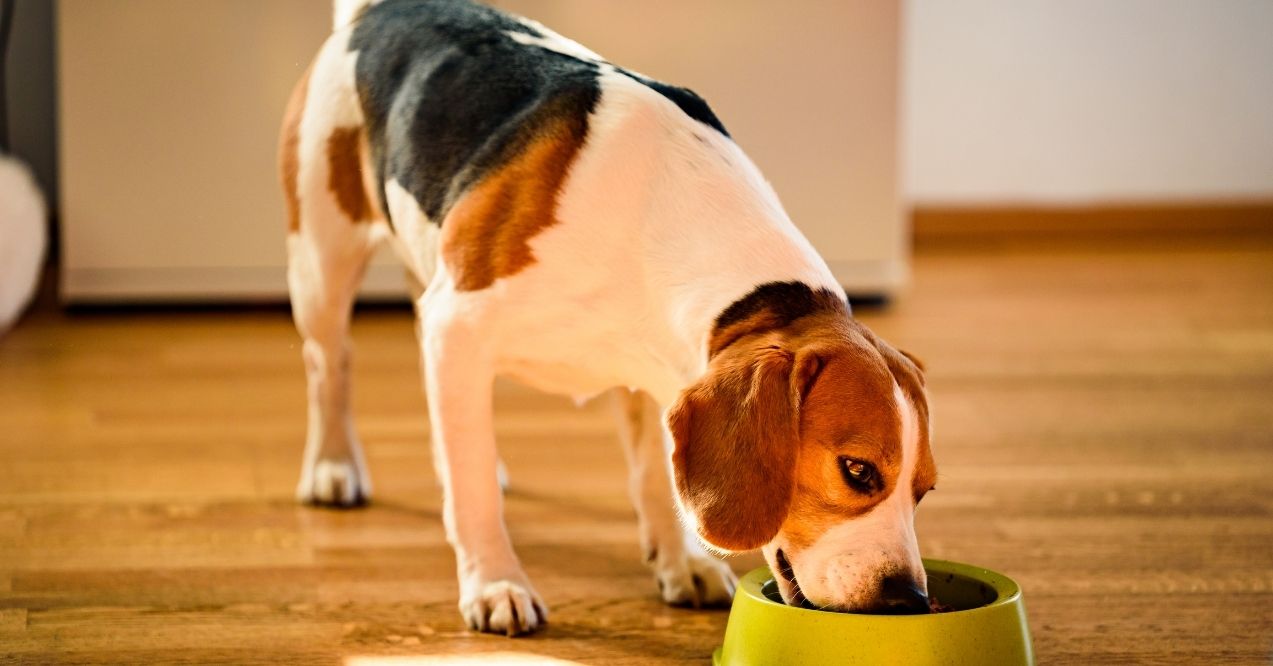
Canned chicken can be convenient, but you need to be careful when choosing it for your dog. It often has more salt than fresh chicken and might contain preservatives. When picking canned chicken for your dog, look for kinds with no added salt or seasonings.
Before serving, it’s a good idea to rinse canned chicken to remove some of the salt. Use it sparingly as a treat or meal topper rather than as the main protein source. As always, introduce any new food slowly and watch for any signs of stomach upset.
Chicken Allergies in Dogs
While many dogs can eat chicken without problems, some might develop allergies to it. Common signs of chicken allergies in dogs include:
- Itchy skin or paws
- Frequent ear infections
- Upset stomach (throwing up or IBS)
- Ongoing skin or ear problems
If you think your dog might be allergic to chicken, talk to your vet. They might suggest a food trial to find out what’s causing the problem. This means feeding your dog a diet with a protein they haven’t eaten before for several weeks, then bringing chicken back to see if the problems come back. Your vet might also suggest trying other proteins like duck, rabbit, or fish. Sometimes, they might recommend special hypoallergenic dog food.
Conclusion
So, can dogs eat chicken? Yes, when prepared correctly, chicken can be a healthy and nutritious addition to your dog’s diet. Cooked, unseasoned, and skinless chicken offers valuable protein and nutrients that support your dog’s overall well-being. However, caution is necessary when considering raw chicken due to potential bacterial risks and the dangers of bones.
Avoid processed chicken products like chicken nuggets and limit high-fat options like chicken skin. With proper preparation and moderation, chicken can be a safe and beneficial treat for most dogs, but always consult your vet if you suspect any allergies or health concerns.
The amount of chicken depends on your dog’s size, age, and activity level. Generally, chicken should make up no more than 10% of their daily calorie intake. Consult your vet for personalized feeding recommendations.
Yes, dogs can eat chicken every day as part of a balanced diet. It’s a good source of protein, but it’s important to include other nutrients like healthy fats, carbs, and vitamins. Always serve cooked, unseasoned chicken and consult your vet for dietary guidance.
No, dogs should not eat seasoned chicken. Seasonings like garlic, onion, salt, and spices can be harmful to dogs, potentially causing digestive issues or even toxicity. Always feed dogs plain, cooked chicken without any seasoning for their safety.
Yes, boiled chicken is good for dogs. It’s a simple, lean, and easily digestible source of protein, making it a great option for dogs with sensitive stomachs or dietary restrictions. Always serve it plain, without seasoning or bones, to ensure it’s safe and healthy for your dog.
Advertisement. This site offers health, wellness, fitness and nutritional information and is designed for educational purposes only. You should not rely on this information as a substitute for, nor does it replace, professional medical advice, diagnosis, or treatment. If you have any concerns or questions about your health, you should always consult with a physician or other health-care professional. Do not disregard, avoid or delay obtaining medical or health related advice from your health-care professional because of something you may have read on this site. The use of any information provided on this site is solely at your own risk.
